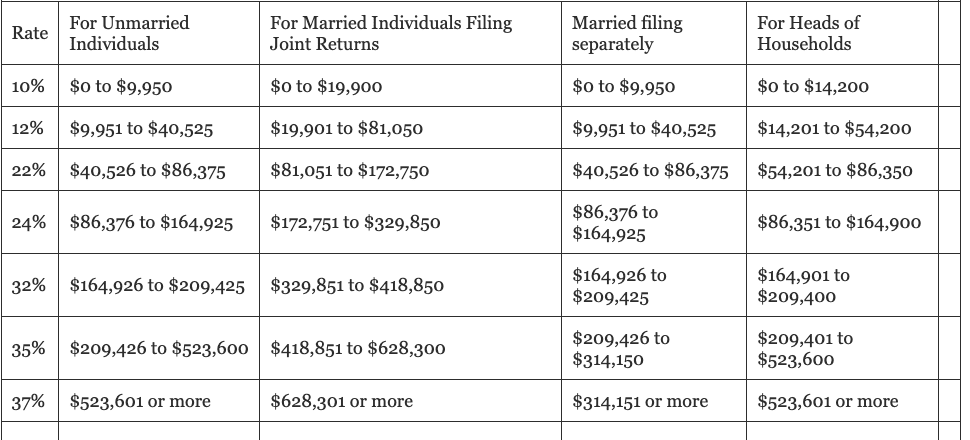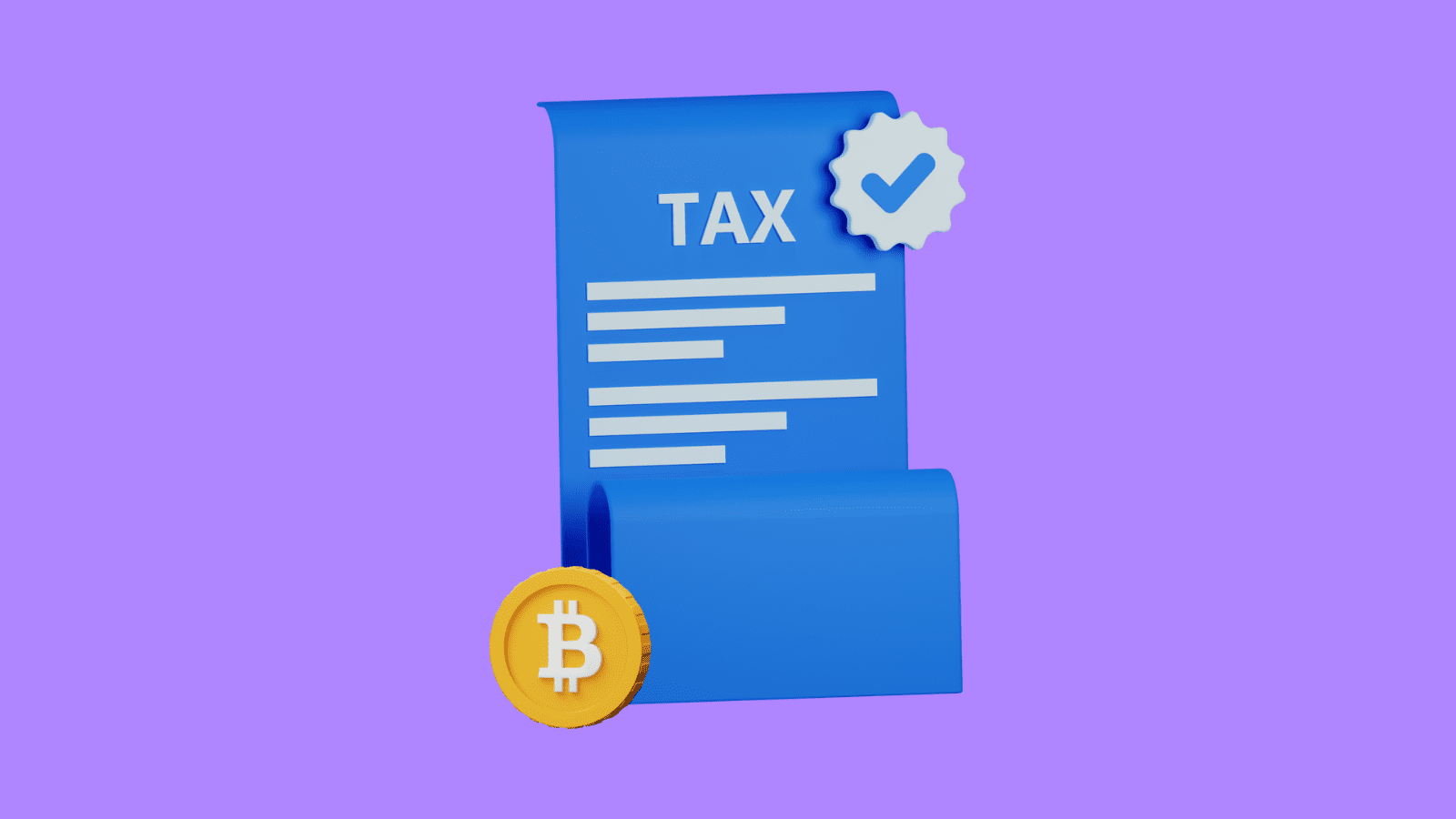Key takeaways
- Cryptocurrency mining rewards are taxed as income when they are received.
- When you sell your mining rewards, you’ll make or lose money based on how much the price of your cryptocurrency has changed since you acquired it.
- Your mining operation could be classified as a company and taxed accordingly!
Crypto mining taxes can be difficult to understand, so let’s go over the complete reporting procedure. In this post, we’ll go over everything you need to know about mining taxes, such as how to correctly report mining income and whether you can declare costs to reduce your tax burden.
What is cryptocurrency mining?
Work Sample Bitcoin and other cryptocurrencies rely on miners to secure the blockchain and verify transactions. Miners use sophisticated computers to solve complicated mathematical problems and are rewarded with cryptocurrency.
How are mining rewards taxed?
If you are mining cryptocurrency, you are subject to two different tax events:
- Income tax when you receive your mining rewards
- Capital gains tax when you dispose of your mining rewards
When do I pay income tax on mining rewards?
Mining income is taxed as ordinary income at the fair market value of your coins on the day you acquired them.
For example, if you successfully mined 0.25 BTC on March 15, 2022, you will be taxed based on the price of Bitcoin in US dollars at the time.
The tax rate on your mining income is determined by your income level. Here is a breakdown of federal income taxes for the fiscal year 2022.

You may be subject to additional state income taxes depending on where you reside.
When do I pay capital gains tax on mining income?
Capital gains or capital losses are incurred in the case of a disposal event. Examples of disposal events include trading your cryptocurrency for fiat, trading your cryptocurrency for other cryptocurrencies, and trading your cryptocurrency for goods and services.
Your capital gain or loss will vary on how the price of your crypto has changed since you originally received it.
Here’s a simple formula to help you calculate your capital gains or losses:
Capital Gains/Loss = Fair Market Value at Sale – Cost Basis
In this case, your proceeds are how much you received (in USD) when you disposed of your crypto. Meanwhile, your cost basis is how much it cost (in USD) to acquire your cryptocurrency.
Similar tax rules also apply to cryptocurrency staking taxes.
Is mining income taxed twice?
You’ll incur capital gains or losses when you dispose of your mined cryptocurrency—just as you would in any scenario where you sell, trade, or otherwise dispose of your crypto. You are not, however, taxed on the same income twice.
As mentioned earlier, mining rewards are taxed as ordinary income based on their fair market value at the time they are received. Any income you recognize from mining a coin becomes the cost basis in that coin moving forward. If a disposal later occurs, you will only incur a capital gain or loss based on how the price of your coins has changed vs. your cost basis.
Let’s showcase an example to better illustrate how this works.

Pro Tip:
You can use cryptocurrency tax software like CoinLedger to automatically calculate the fair market value for all of your mined/staked cryptocurrency based on the date and time they were received. Just connect your wallet and let the software do the work!
What happens if I don’t report my cryptocurrency mining rewards on my taxes?
Not reporting your mining rewards to the IRS is considered tax evasion, a serious crime with serious consequences. The maximum penalty for tax evasion is 5 years in prison and a fine of $100,000.
While crypto transactions are pseudo-anonymous, it’s important to remember that transactions on blockchains like Bitcoin are permanent. In the past, the IRS has worked with contractors to analyze the blockchain and crack down on tax fraud.
Should I track mining taxes on an ongoing basis?
Because cryptocurrency is taxed at time of receipt, it’s recommended that you keep track of your taxes on an ongoing basis.
In the case that the value of your cryptocurrency falls significantly, you may find yourself in a situation where you can no longer afford your tax bill.
To avoid this situation, some cryptocurrency miners choose to cash out a portion of their earnings on an ongoing basis so that they are able to afford tax payments even in the case of a severe market crash.
Do I have to pay quarterly taxes on crypto mining?
The IRS requires you to pay quarterly taxes in the case of the following:
- You expect to owe more than $1,000 in tax after subtracting withholding and tax credits.
- You expect that your withholding and refundable credits will cover less than 90% of this tax year’s liability or 100% of next year’s tax liability.
If you’re a hobby miner who meets both these conditions, you should pay quarterly taxes to the IRS. This requires keeping track of your tax liability on an ongoing basis.
Will there be a 30% tax on mining activity?
In 2023, the Treasury Department proposed a 30% excise tax on cryptocurrency mining businesses. At this time, it’s not clear whether the 30% excise tax will pass Congress and become law. We will continue to update this blog as more information comes out.
How to report crypto mining on your taxes – business vs. hobby
If you mine cryptocurrency as a hobby, you will include the value of the coins earned as “Other Income” on line 2z of Form 1040 Schedule 1. List the type of income such as “crypto mining” on the line provided.
While mining as a hobby, you are not allowed deductions to offset some of expenses like electricity and hardware costs.
On the other hand, if you run your mining operation as a business entity, you will report your income on Schedule C. In this scenario, you can fully deduct the expenses associated with your business. We recommend maintaining quality records of your expenses in case of an audit.
Not sure if your operation should be considered a business or a hobby? See the following article from the IRS explaining the two here.
What tax deductions are available for mining businesses?
If you mine cryptocurrency through a business entity, you can write off your expenses associated with the business. These deductions are not available for hobby miners.
Here are some of the expenses that mining businesses can deduct.


